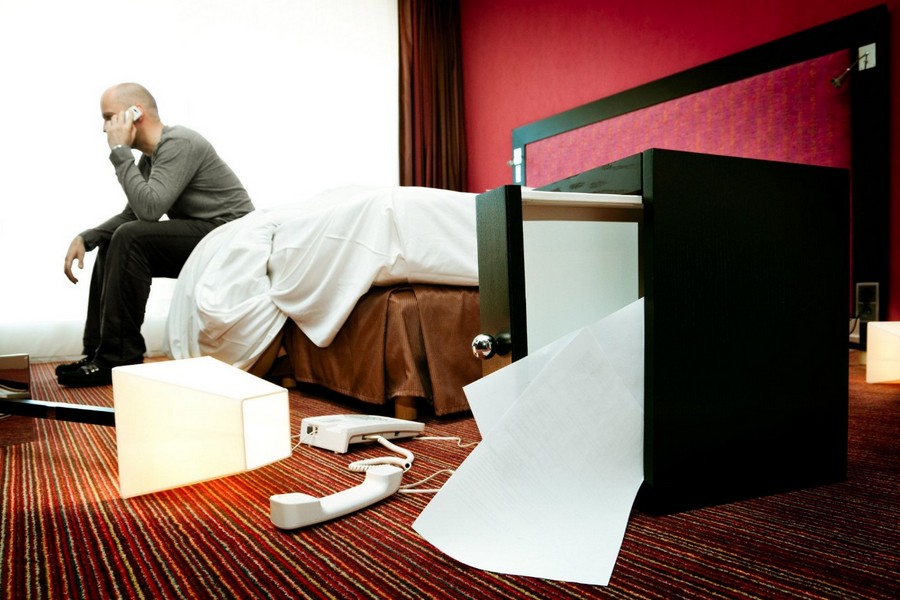Hotel rooms are intended to be safe havens for travelers but are also open to various security risks. From petty theft to terrorist attacks, hotels must take proactive measures to mitigate risks and keep guests and employees safe, such as upgrading technology or hiring from top security companies in Dubai. The article will focus on the critical security concerns of hotels and provide practical strategies for preventing them.
Cyber Security Hazards and Data Loss
Cyber Crime can be particularly damaging to hotels. Hackers who want to steal or demand a ransom for sensitive information like credit card numbers, guest information, and employee data may try to break into hotel networks. These assaults could lead to identity fraud, property damage, and loss of credibility.
Hotels should implement cyber-solid security measures like firewalls, antivirus software, and data encryption to reduce this risk. To avoid data breaches, they should train their employees.
Physical Security Dangers
Physical threats to hotel security, such as theft, vandalism, and assault, are a concern. Hotels should invest in physical security measures like monitoring cameras, access control systems, and security personnel to address these threats.
Regular security audits can assist in locating vulnerabilities and guarantee that all security systems are operating correctly, both of which will enhance a company’s reputation.
Terrorism Threats
Terrorists often target hotels because they are perceived as soft targets with many potential victims. To minimize it, hotels should implement strict access controls, train staff on recognizing suspicious behavior, and conduct regular security drills. Hotel owners should also consider investing in blast-resistant windows and doors and other physical security measures that can lessen the impact of a terrorist attack.
Health and Safety Threats
In addition to security risks, hotels are susceptible to health and safety risks like fire, disasters, and disease outbreaks. Hotels should ensure health and safety protocols, including:
- Fire safety systems include installing smoke detectors and sprinklers and conducting regular fire drills
- Emergency evacuation plans
- Routine maintenance and inspections of facilities
Hotels should also follow all relevant health and safety regulations and guidelines to protect guests and staff from infectious diseases.
Conclusion
In conclusion, hotel security threats can harm their reputation, financial stability, and guests’ safety. Hotel owners can reduce these risks and keep a secure environment for their visitors by implementing strong security measures, staying current with regulations, and training staff on best practices.
Prevention is vital and investing in security is worthwhile for any hotel owner.

I enjoy using my skills to contribute to the exciting technological advances that happen every day at Oswald Tech.
